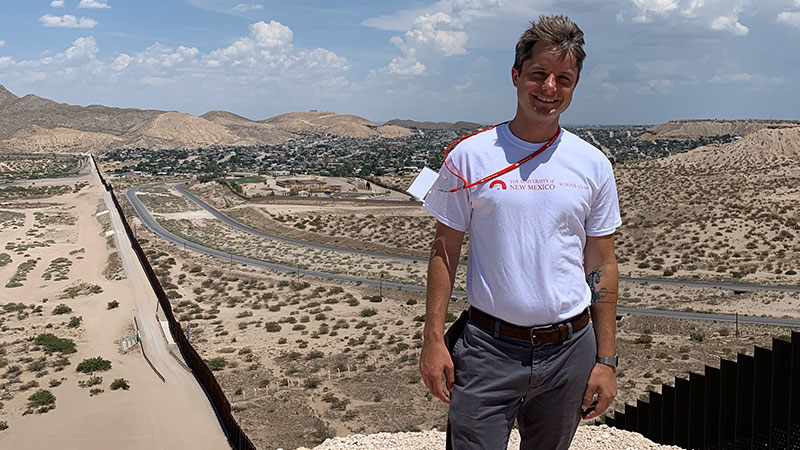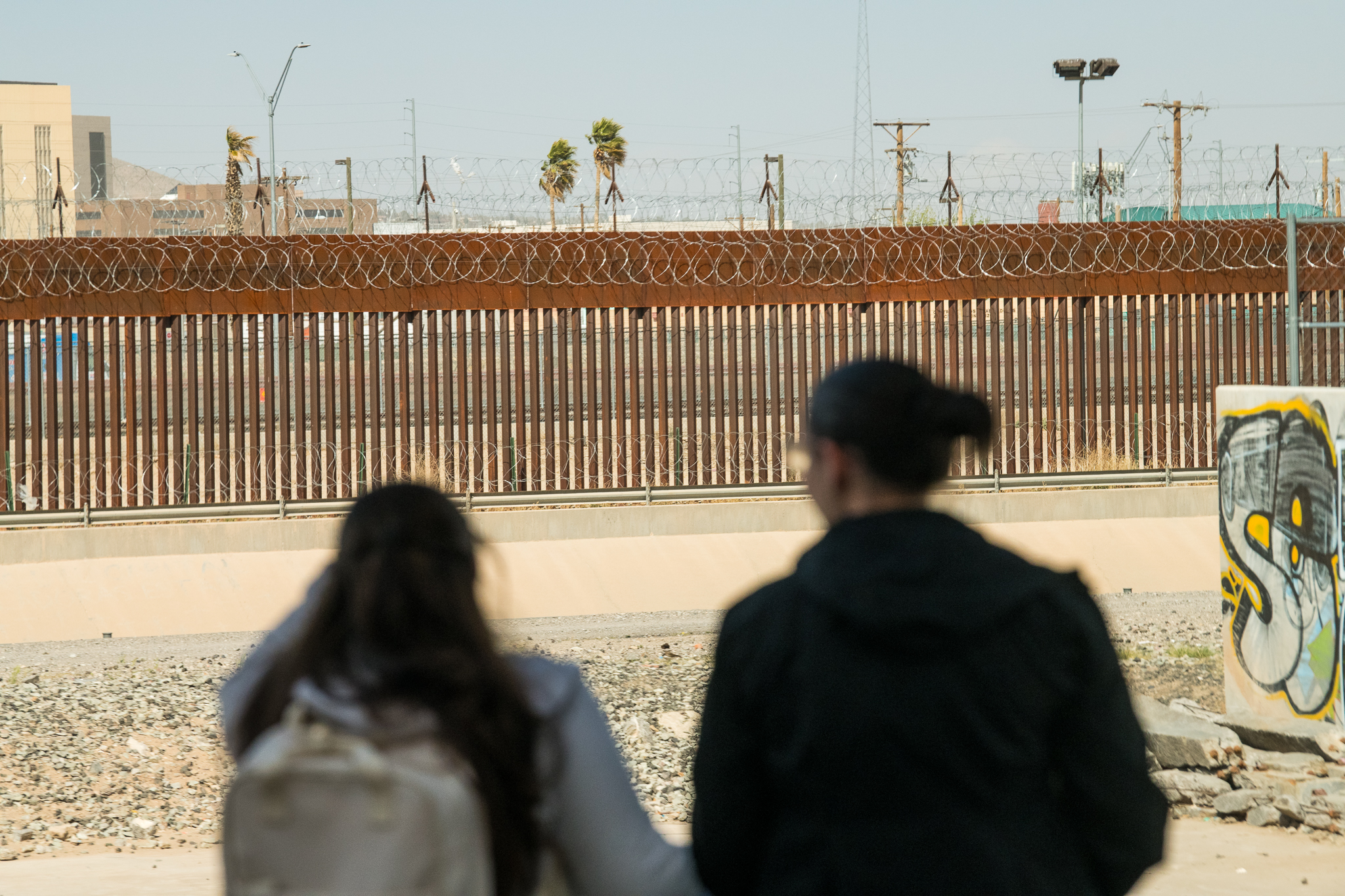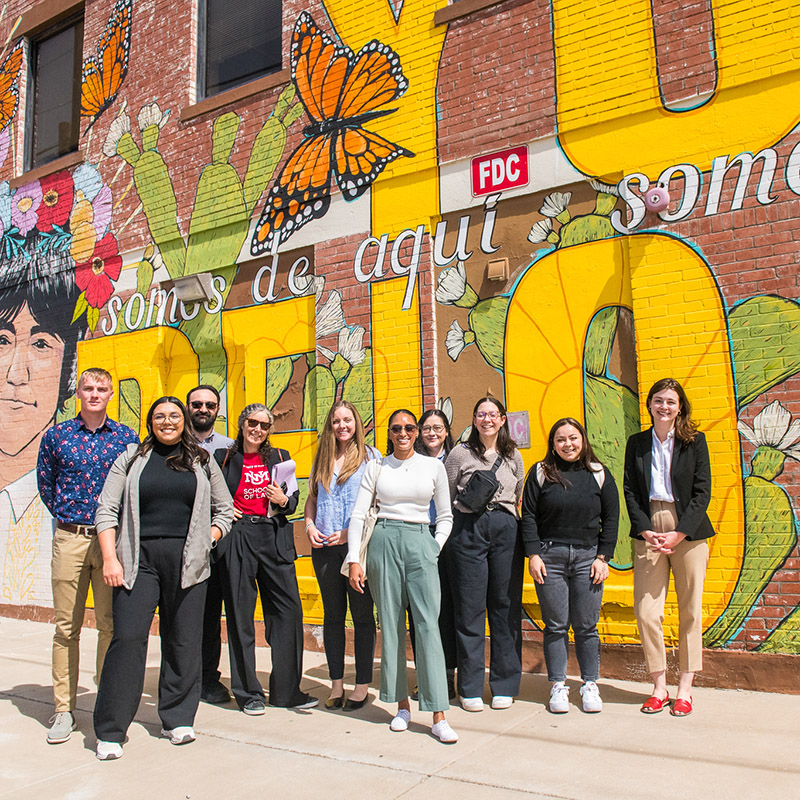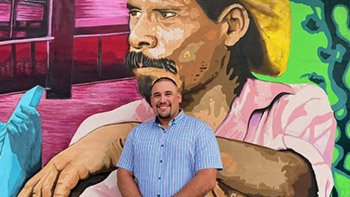Border Justice Initiative
The Border Justice Initiative (BJI) provides experiential service-learning opportunities to law students through legal representation of immigrants, particularly women and children, who have arrived at the southern border of the United States in flight from dangerous conditions in their countries of origin in search of better lives. The crisis at the border between 2016 and 2020 was the impetus for the Initiative, but the underlying conditions are chronic. A generous funder, the Jacqueline Marie Leaffer Foundation, provided the initial funding to establish BJI, inspiring the faculty to provide students innovative educational and employment opportunities in immigration by providing vulnerable immigrant communities with legal services.
Immigration is a highly specialized and unique area of law, and there are relatively few attorneys in the state who practice in this area, even though the need for this type of representation is high, in New Mexico and elsewhere. As the closest law school to the immigration court in El Paso, Texas, and with one of the top clinical programs in the country, the UNM School of Law is a natural choice for leadership in this field. The Border Justice Initiative is building solutions for vulnerable populations while providing transformative experiences for students.

BJI’s programs teach students about immigration law problems and solutions through service-learning opportunities, while also providing them with high-quality immigration law mentorship throughout their law school careers. BJI uses volunteer legal mentors from the immigration law community to create a “Border Justice Pipeline.” During law school, students get real-world, hands-on experience by helping immigration clients in a controlled setting while they also develop positive relationships and resources in the wider immigration law community. BJI’s pipeline program helps students find employment or fellowships so they can go on to provide their own high-quality legal representation to some of New Mexico’s most vulnerable populations.
BJI also enhances the School of Law’s clinical programs. As a project option within the mandatory clinical course, BJI offers students the opportunity to work in supervised teams to provide solutions to complex humanitarian issues through policy and litigation. Its Asylum Project offers well-researched and referenced materials to women and children seeking asylum from domestic violence or gang violence. These populations are some of the most vulnerable, and underrepresented, of all asylum seekers.
The Dispossession by Deportation Project is tackling the long-standing problem of immigrants whose most basic possessions are seized when they are detained, and after being shuffled through multiple federal agencies, those items are not returned when they are deported. People are left thousands of miles from home and family with no money, identification, or cell phones. They often lose family pictures, wedding rings, and necessary medication, among other things. BJI plans to forge a solution to this problem through agency cooperation and assistance. BJI is also exploring projects designed to ensure the safety and dignity of unaccompanied minors, and to assist sponsors for those children in getting through the vetting process, in order to shorten the time children are in detention alone.
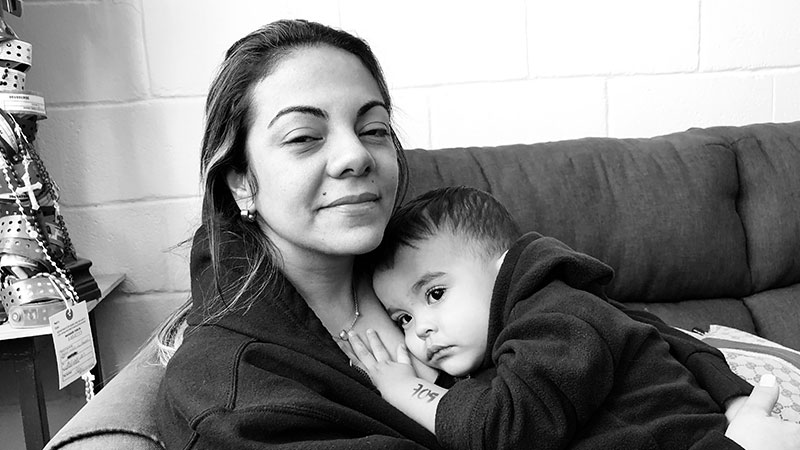
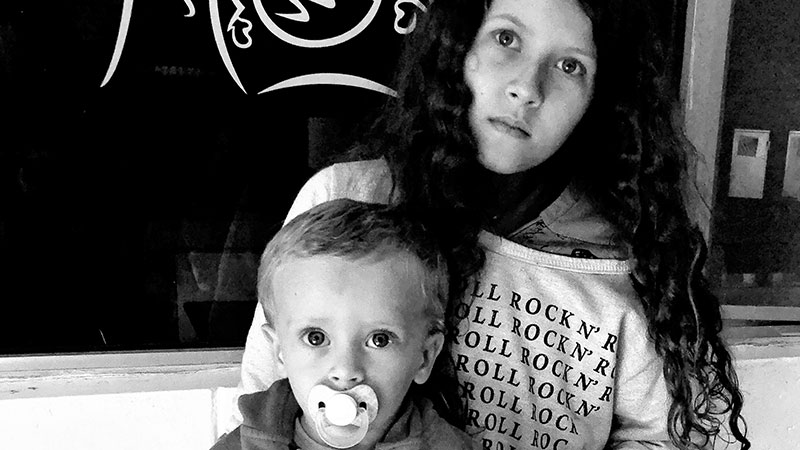
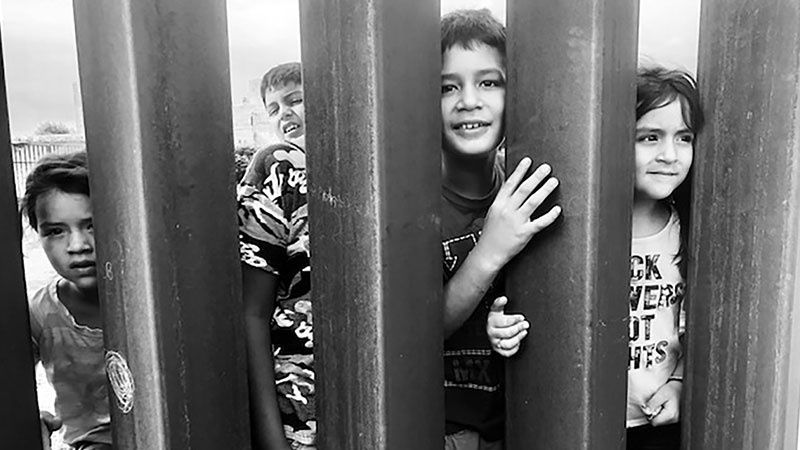
Photos: Morgan Smith
Outside the mandatory clinical law program, BJI has developed new experiential classes and projects co-taught by both immigration lawyers in the community and existing UNM law faculty. It also hosts an innovative summer externship program in which UNM students are each paid a stipend to work with an immigration non-profit organization, under the supervision of an immigration practitioner from the community. This allows the students to provide high-quality representation in collaboration with non-profits, without placing the burden of supervision and education onto the already overworked non-profit organization.
BJI also engages the broader legal community by hosting a well-received series of continuing legal education programs via Zoom. These free CLEs bring community legal practitioners together, keep alumni involved with the School of Law, and help to recruit new law school applicants attracted by BJI’s offerings at the law school.
In one of its most recent developments, BJI’s private funder is starting a fellowship program to provide jobs to law school graduates to work at the border in immigration. BJI is working in partnership with the UNM School of Law to build innovative, experiential-learning opportunities and enhance UNM’s legal educational infrastructure. Together, we will prepare graduates who are ready to practice immigration law in the service of immigrants who want to contribute to the American way of life.
